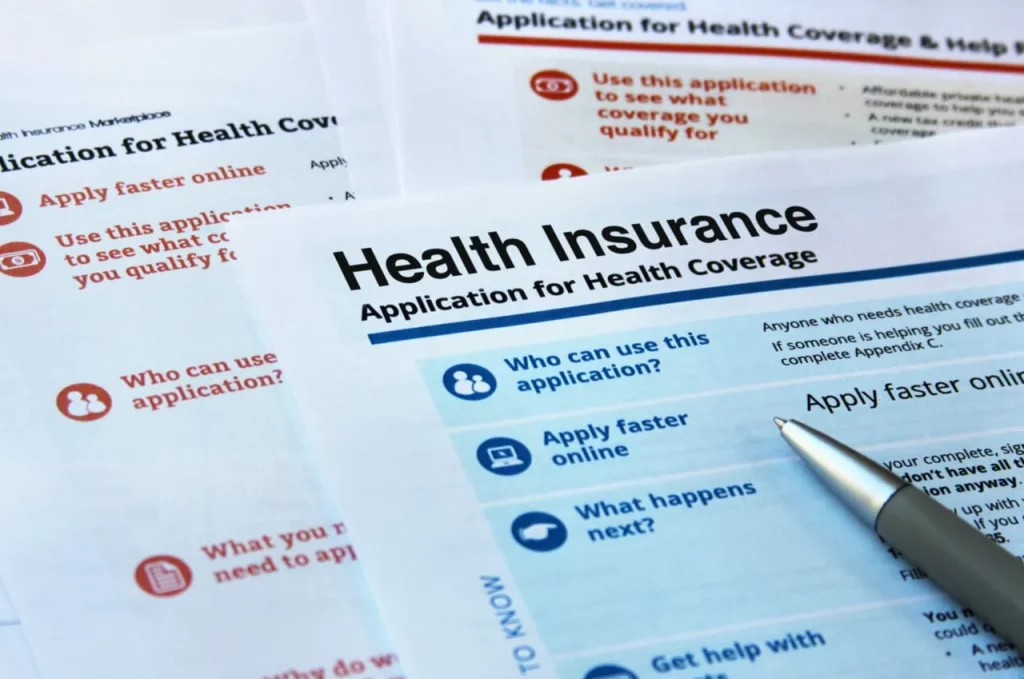
Medicaid, an essential health coverage program, serves millions of qualifying low-income individuals, ranging from children to the elderly. For those in Florida looking to navigate the nuances of Medicaid, consulting a Medicaid planning attorney can be invaluable.
What is Medicaid?
Medicaid is a joint federal and state program that provides health coverage to eligible low-income Americans. It is the largest health insurance program in the United States, covering over 70 million people.
Medicaid is administered by states within federal guidelines. Each state has its own Medicaid program and determines eligibility standards, benefits packages, and provider payments. All state Medicaid programs must cover certain low-income individuals, such as children, pregnant women, elderly adults, and people with disabilities.
States can also choose to expand eligibility for Medicaid above the federal minimum level. As of January 2020, 36 states, including Washington D.C., have expanded Medicaid eligibility under the Affordable Care Act.
Medicaid Eligibility in Florida
To understand if one qualifies for Medicaid in Florida, it’s essential to comprehend the eligibility based on varied factors such as income, household size, and health conditions. Consulting an estate planning attorney might prove beneficial in this context.
Here are the major Medicaid eligibility groups in Florida:
- Children: Kids under age 1 are eligible with family income up to 200% of FPL. Kids 1-5 can qualify with family income up to 140% FPL. Older children can enroll with family income up to 133% FPL.
- Pregnant women: Pregnant women are eligible with family income up to 191% of the federal poverty level (FPL).
- Parents and caretaker relatives: Parents or caretakers of dependent children can qualify for Medicaid with family income up to 26% of FPL.
- Seniors and people with disabilities: Those receiving Supplemental Security Income (SSI) are automatically eligible for Medicaid.
- Childless, non-disabled adults: This group is generally not eligible for Medicaid due to Florida’s decision not to expand Medicaid.
Income eligibility thresholds are based on the Federal Poverty Level (FPL), which is updated annually. Applicants must also meet non-financial criteria, like state residency, citizenship status, and providing social security numbers.
How to Apply for Medicaid in Florida
Florida residents can apply for Medicaid in various ways. However, it’s a good idea to approach the process with Elder Needs Law in Aventura for a smoother application:
- Online: Apply at ACCESS Florida or submit an application through Healthcare.gov.
- By phone: Call 866-762-2237 for assistance with applying.
- In-person: Visit your local Department of Children and Families service center.
- By mail: Print and mail in an application form.
You will need to provide information about your household, income, expenses, and any health conditions or disabilities that affect your ability to work. The Medicaid agency will verify details about your citizenship, state residency, and income to determine eligibility.
If approved, you will receive a Medicaid ID card to access free or low-cost health services from participating providers in Florida’s Medicaid network. Your eligibility will need to be renewed periodically.
Special Rules for Children
In addition to regular Medicaid, Florida offers Medicaid-funded health insurance for kids called Florida Healthy Kids. It covers children in families earning up to 300% of FPL. Families pay modest monthly premiums for this program based on income.
Children under 19 who don’t qualify for Medicaid due to family income over 133% of FPL may still enroll in Florida Healthy Kids. This provides an affordable health insurance option for kids who would otherwise be uninsured.
Medicaid Expansion in Florida
Originally, the Affordable Care Act (ACA) required states to expand Medicaid eligibility to include all adults under age 65 earning up to 138% of FPL. However, a Supreme Court ruling made expansion optional for states. As of 2023, Florida is one of 12 states that has not expanded Medicaid eligibility under the ACA.
As a result, poor adults without dependent children do not qualify for Medicaid in Florida. Over 400,000 uninsured adults fall into this Medicaid coverage gap. They earn too much for regular Medicaid but not enough for subsidies on the ACA marketplace.
Efforts to convince Florida lawmakers to expand Medicaid eligibility have so far failed despite evidence that it would benefit low-income residents and the state economy. Advocates continue working to close the health coverage gap. But until then, non-disabled adults without dependents cannot get Medicaid in Florida.
Can I Get Medicaid If My Income Changes?
Yes, if you experience a drop in income and meet eligibility criteria, you can qualify for Medicaid at any time of year. Medicaid has “open enrollment,” so you are not restricted to a yearly window.
Some examples of qualifying life events if income drops:
- Loss of job
- Reduction in work hours
- Loss of unemployment benefits
- Divorce or separation that reduces household income
Report income changes to your state Medicaid agency if you think you may now be eligible. You can be assessed for Medicaid eligibility even if you currently have private insurance like COBRA.
Applying for Medicaid as a Florida Resident
Here are some tips for Florida residents seeking to apply and qualify for Medicaid health benefits:
- Review the eligibility guidelines carefully and gather information on income, expenses, and household size. This will help determine if you meet the criteria.
- Be prepared to provide documentation like pay stubs, tax returns, and bank statements to verify your financial situation.
- Complete all sections of the application form accurately. Missing information can delay processing.
- Apply as early as possible to avoid gaps in coverage. Processing times vary.
- If denied Medicaid coverage, you may qualify for subsidized insurance on HealthCare.gov instead.
- Notify the Medicaid agency promptly if your circumstances change to avoid any lapses or errors in coverage.
- Understand the benefits covered by Florida Medicaid and any out-of-pocket costs that apply.
Meeting Medicaid eligibility requirements is the critical first step to accessing this valuable program. Applying promptly and providing full details can help streamline enrollment. With affordable health coverage from Medicaid, you can get the medical care you need.





